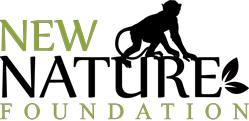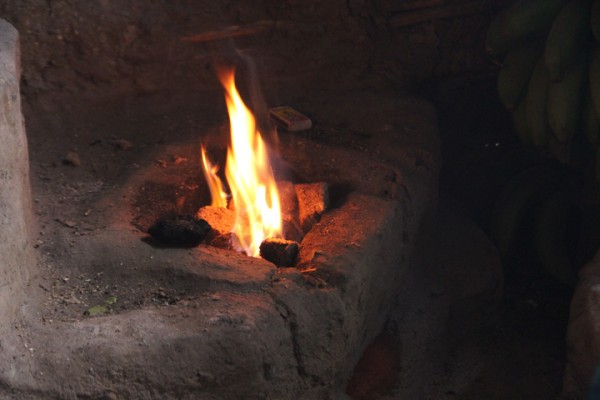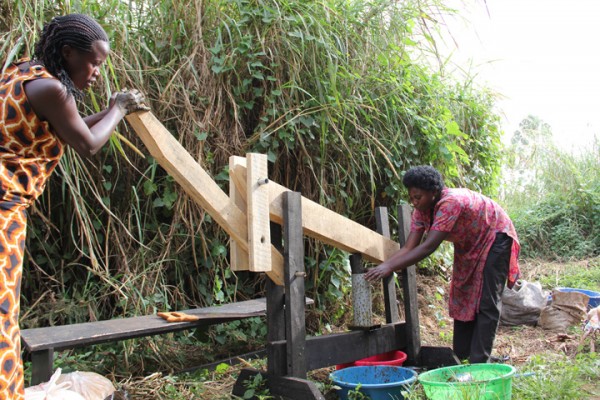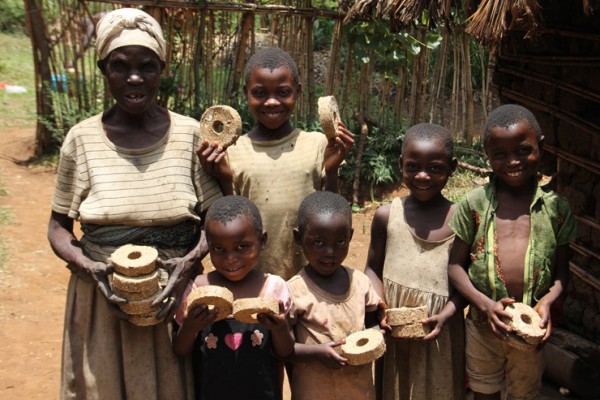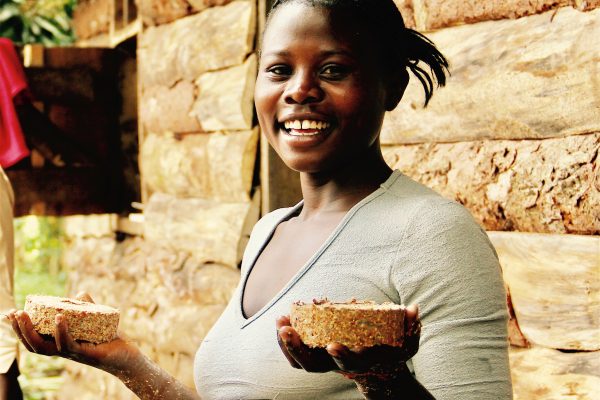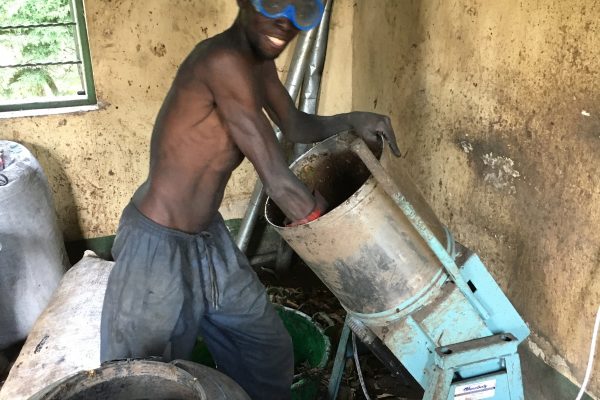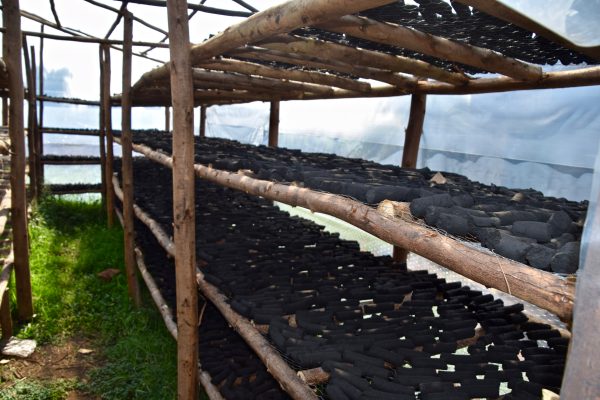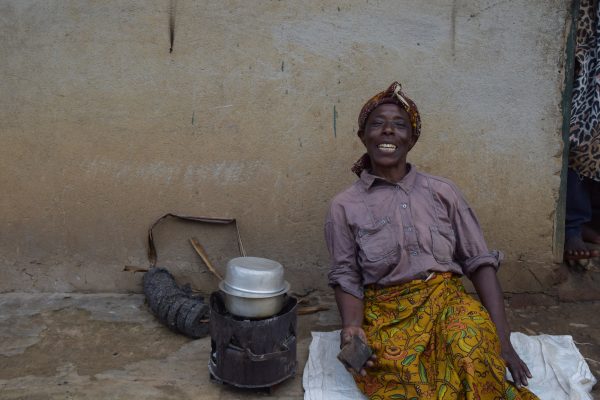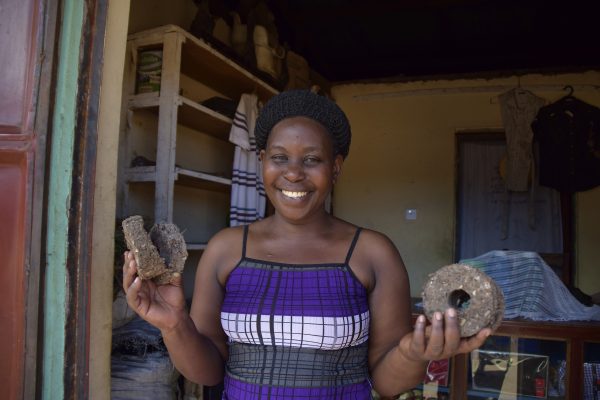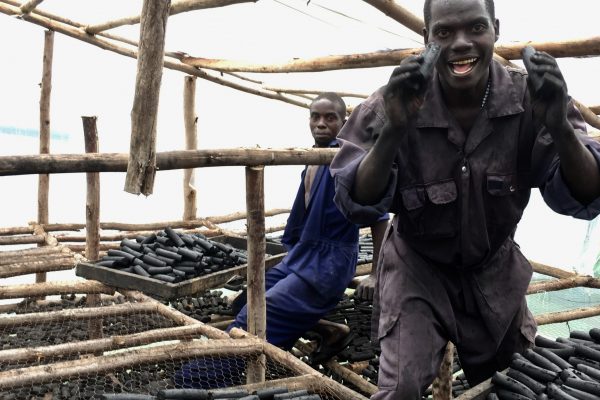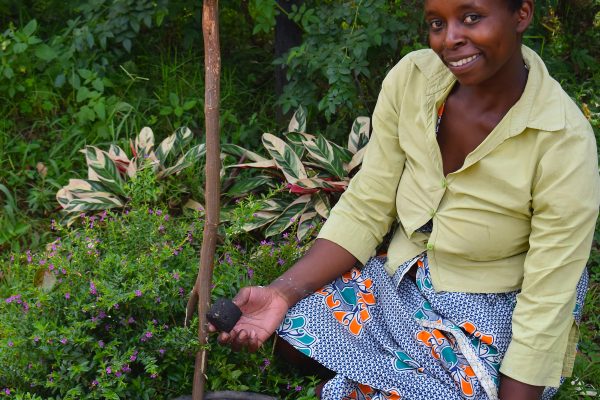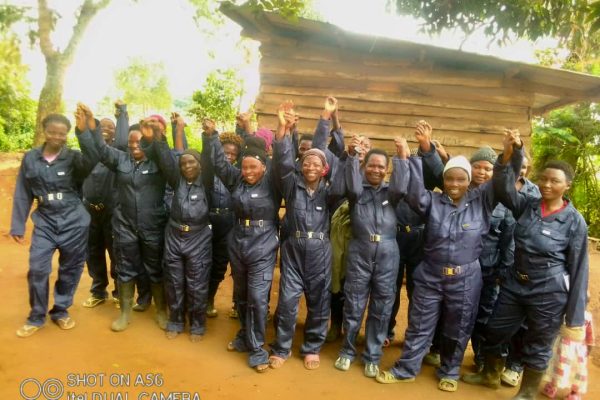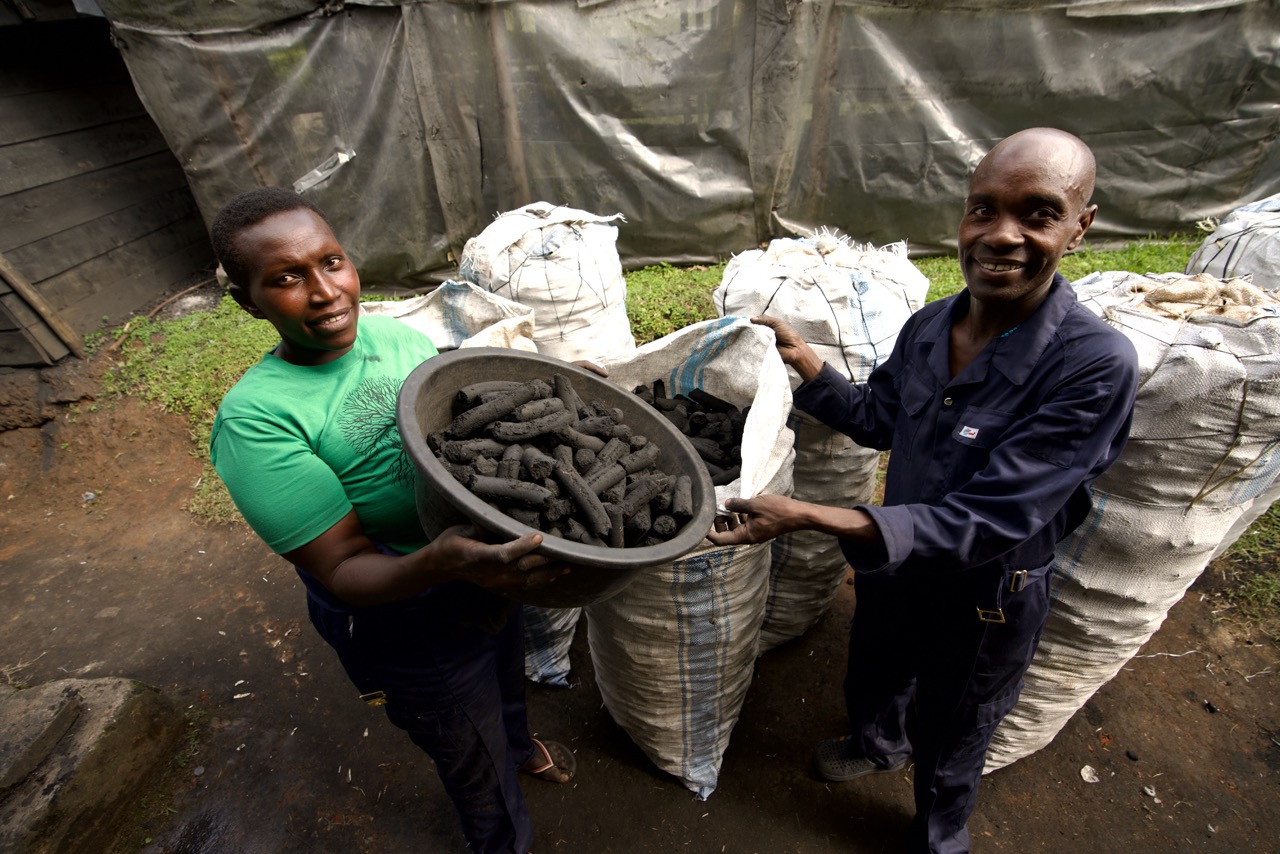
Uganda forest cover loss has now increased to an estimated 200,000 hectares annually. Some of the world’s most outstanding animals are facing extinction due to this increased pressure on their natural habitat. This is linked closely to the high population growth rate in Uganda: at 2.9%, the country has one of the world’s highest growth rates.
With almost no access to electricity, alternative fuel sources are severely needed. Eco briquettes can replace the need for wood by turning agricultural and industrial waste into a carbon-neutral cooking fuel.
The Kibale Eco-Char Initiative aims to develop a sustainable and wildlife-friendly form of income generation that is a viable replacement for firewood and charcoal, thereby complimenting the continuing work of the Kibale Fuel Wood Project.
Over 4.9 million briquettes have been produced since inception, equaling over 1.46 million pounds of wood and charcoal saved, much of which would have been taken from Kibale National Park.
Partner families from around Kibale trade farm waste for finished briquettes and surplus briquettes are sold.
Farm waste (like banana peels and peanut shells) is mixed with industrial waste from nearby tea factories (paper and sawdust.).
The ingredients are ground up and mixed together, then compressed into briquettes and dried in solar tents. These non-carbonized briquettes are an attractive alternative for those currently cooking with firewood.
Carbonized briquettes are produced from sustainably farmed eucalyptus bark and offered for sale to those currently cooking with charcoal, further broadening the effectiveness of this program to protect wildlife habitat.
Buy Eco-Char in Uganda! Stop by the Fort Portal Science Center or contact David Sunlight at 070-169-5910.
click here for more detailed instructions.
